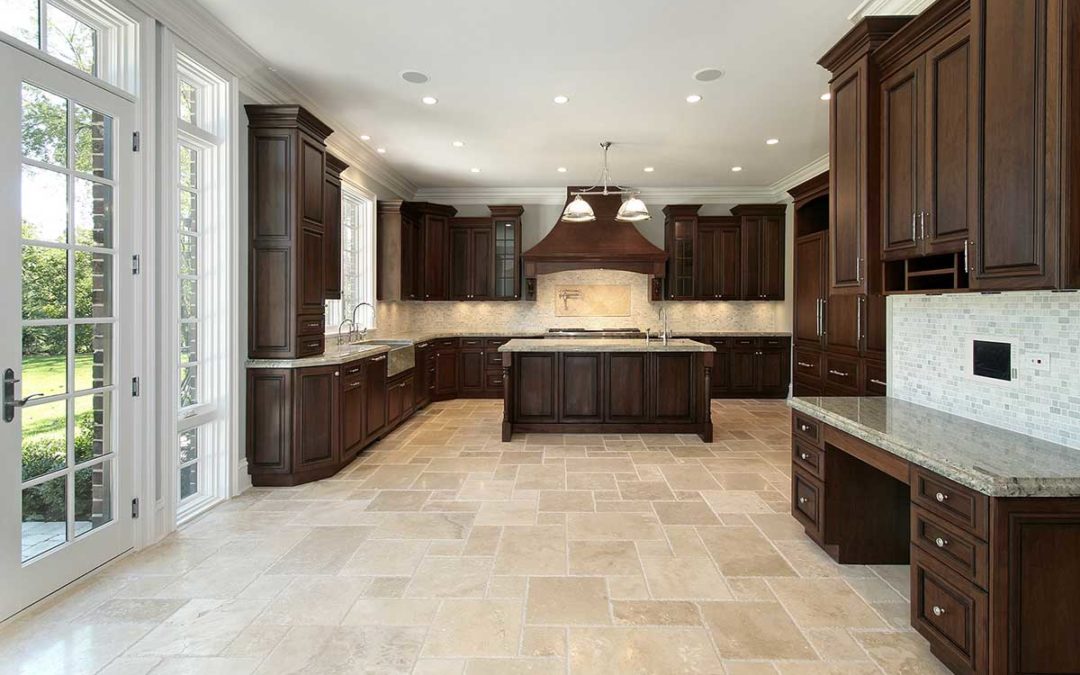When it comes to choosing the right flooring for your home, there are a plethora of options available, each with its unique set of advantages and disadvantages. Tile flooring is a popular choice for many homeowners due to its versatility, durability, and aesthetic appeal. However, like any flooring material, it has its pros and cons. In this blog, we’ll delve into the advantages and disadvantages of tile flooring to help you determine if it’s the right choice for your home.
The Pros of Tile Flooring:
- Durability: Tiles are incredibly durable and can withstand heavy foot traffic, making them suitable for high-traffic areas like kitchens and entryways. They are also resistant to scratches and wear over time.
- Easy Maintenance: Tile flooring is relatively low-maintenance. Regular sweeping and occasional mopping are usually sufficient to keep it clean. Tiles are also stain-resistant, making them ideal for homes with pets or children.
- Variety of Styles: Tiles come in a wide range of colors, patterns, and textures, allowing you to achieve a variety of looks, from sleek and modern to rustic and traditional. You can get creative with tile designs to match your home’s aesthetic.
- Water Resistance: Many tile materials, such as porcelain and ceramic, are naturally resistant to water and moisture. This makes tile flooring an excellent choice for bathrooms, laundry rooms, and other damp areas.
- Cool and Comfortable: Tile flooring stays cool in warm weather, which can be a relief during hot summers. Additionally, it works well with radiant heating systems, providing warmth during the winter months.
- Hypoallergenic: Tiles do not harbor allergens like carpet does, making them a healthier choice for individuals with allergies.
The Cons of Tile Flooring:
- Cold and Hard: While the coolness of tile can be an advantage in hot weather, it can feel uncomfortably cold underfoot during winter months. Area rugs and radiant heating can mitigate this issue.
- Installation Complexity: Installing tile flooring can be more complex and time-consuming compared to other flooring options. Professional installation is often recommended to ensure a flawless finish.
- Grout Maintenance: Grout lines between tiles require regular cleaning and sealing to prevent staining, mold, and mildew growth. This ongoing maintenance can be a drawback for some homeowners.
- Susceptibility to Cracking: Although tiles are durable, they can crack or chip if heavy objects are dropped on them. Replacing individual tiles can be challenging to match perfectly with the existing ones.
- Cost: High-quality tile materials can be relatively expensive, especially if you opt for premium or designer tiles. Installation costs can also add to the overall expense.
- Hardness and Comfort: While the hardness of tiles is an advantage in terms of durability, it can make them less comfortable to stand on for extended periods. Using rugs or mats in certain areas can help alleviate this.
Tile flooring offers a range of benefits, including durability, versatility, and easy maintenance. However, it also has its drawbacks, such as a potentially cold and hard feel underfoot and the need for regular grout maintenance. Ultimately, whether tile flooring is the right choice for you depends on your specific preferences, lifestyle, and the areas of your home where you plan to install it. Consider these pros and cons carefully to make an informed decision that aligns with your needs and aesthetic preferences.

